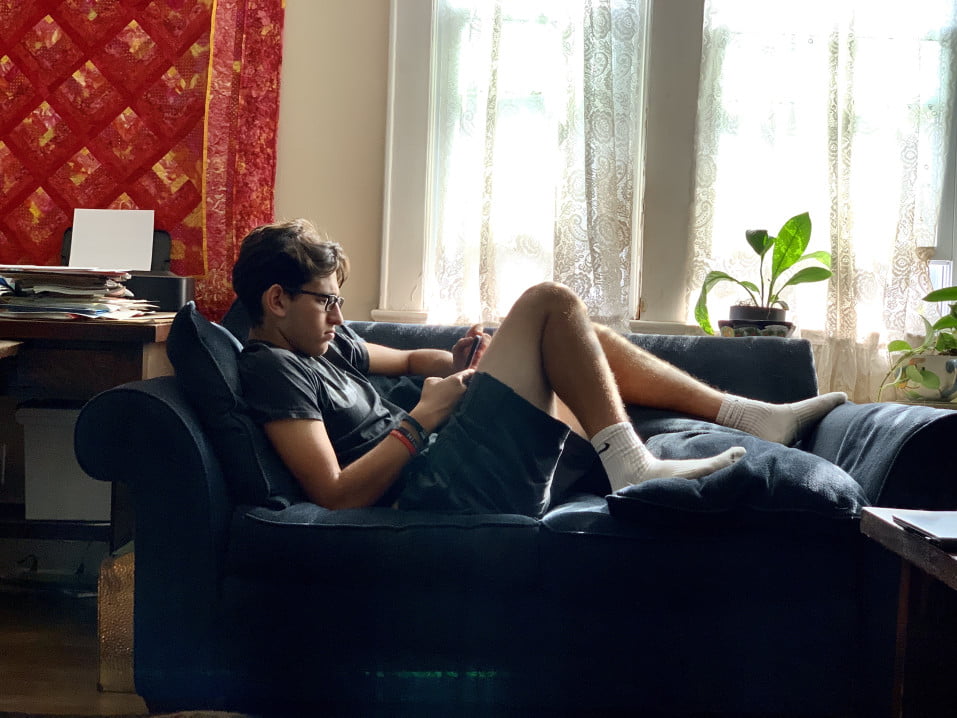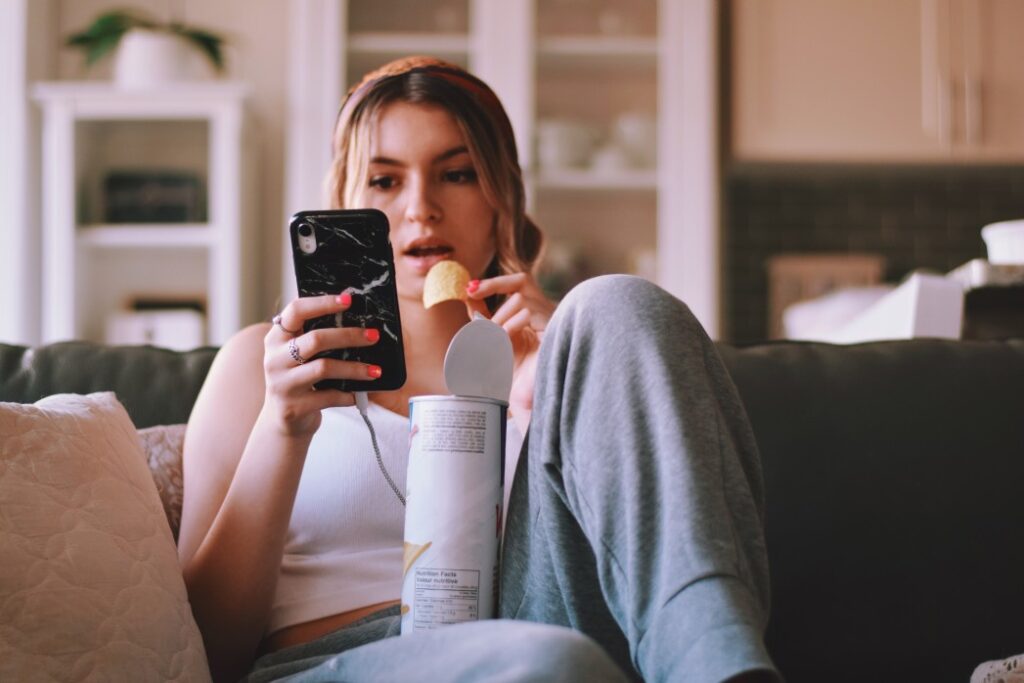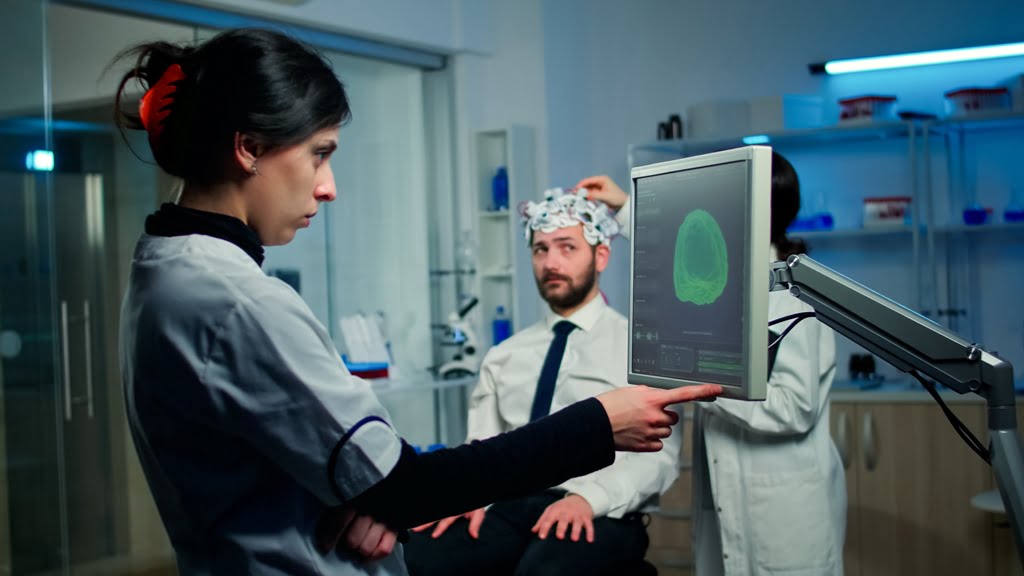Excessive use of social media sites result insomnia, isolation and hurts self-esteem
Social Media is a very popular tool that facilitates people to get connected with their friends and family. It allows people to create and share content in the form of messages, photographs, audio and video with other people or a group of people quickly. The increasing popularity of smartphones enhanced the social media experience. Now you see over 90% of people around with smartphone are busy on Whatsapp, Facebook, Instagram, Snapchat or similar social media apps. The more time we attached to these platforms the more we get start addicted.
According to the 2019 Modern Wealthy Survey, 49% of millennials reported that social media influenced them to overspend on experiences, this is due to the effect of social media on our brain. Similarly, fake posts in social media have an adverse impact on the mind, whatever we see on social media our mind believe it as true, and we start sharing and forwarding. In fact, fake news that promotes a specific viewpoint or opinion about a product, brand or organisation, which may not be true, can be deliberately designed to mislead consumers (e.g., Potthast et al., 2017). For example, consumers threatened to boycott McDonald’s after the fake news regarding its use of ground worm filler in its burgers became viral (Taylor, 2016). Some recent studies have also noted the impact of fake news on brands and organisations (e.g. Cheng and Chen, 2020; Visentin et al., 2019). Such false information can potentially harm retailers’ interests by negatively influencing consumers’ intentions to buy.
Table of Contents
Social Media Addiction is a kind of behavioral addiction that impact mental health. It is characterized by being overly concern about social media, driven by an uncontrollable urge to log on or use social media and devoting so much time and effort to social media that it impairs other important life areas.
The addiction to social media has devasted life in terms of mental as well as physical health. It affects our brain and results in restlessness, anxiety, insomnia like problems have arisen.
On another side, regular use of it affects our eyes and increases obesity. The continuous use of smartphones for social media sites and sometimes by seeing the pics of yummy food items – increases appetite that results in obesity.

No physical work and sitting with these site sites enhance obesity and as a result- High BP, coronary diseases etc. has caused.
Hallucination is one of the problems that result due to excessive use of Snapchat, Facebook, Twitter etc. Again and again, checking their phones that message has come – generates a hallucination problem. The person has hallucinated that message has come, but in reality, it is not.
The person has lost his multitasking capacity and results in a mood disorder. Not only this, it inadequate the life of human being. That’s why, besides too many friends on these sites, he goes towards isolation.
Initially, as a new user, these social media sites embarked as a tool of loneliness reducer. But, in real life, he lost personal interaction and addiction of them results in isolation.
In simple words, we can say that addiction to social media affects both physical and mental health.

Social Media Effect on Physical and Mental Health
The inadequacy in life, cyberbullying, self-absorption, fear of missing out, reduced learning, isolation etc like health problems are very common in humans who are users of social media.
According to an estimation, 10 to 15% of people meet the criteria for social media addiction today. These are the most observed side effect of social media on physical and mental health:
1. Alter your appetite
The post or pics of related food items enhance the taste of person and he wants to eat them. Seeingly, that intake of fast food during use of these sites are very common.
2. Obesity
Continuous sitting on these sites induced the physical exercise of a person. They did not want to move here and there and only eating by using the sites. This leads to obesity.
3. Eyesight Disorder
The blue light of smartphones affects the retina of the eye. Generally, it is very common in children who are excessively used youtube.
4. Isolation
A person’s social interaction has lost due to the addiction of it. As a result, the person has too many friends on these sites, but in real life or social life, he/she is far away and becomes isolate.
5. Fear of missing out
It can keep you returning to social media over and over again.
6. Loss of motivation
It is not only wasting the time as while losing motivation in students too.
7. Leads to coronary diseases
No physical movement unfits the health and increasing appetite increases weight, mainly fast food intake- results welcome of coronary problems.
8. Low grades
The problem of low grades are also a result of social media and leads to committing suicide sometimes.
9. Lack of multitasking capacity
According to Dr. Anastasious – disabling push notifications reduces the temptation to keep checking all of your social media accounts.
10. Insomnia
The blue light of smartphones activates our brain centre. As a result, we lost sleep. It reduces the melatonin hormone (which regulates sleep) – helps in sleep.

Social media closely affects our brain. The American Academy of Pediatrics has acknowledged the potential negative effects of social media in children and adolescents such as cyberbullying, depression, sexting and even exposure to inappropriate content. Yet, these risks may be applicable to adults too.
1. May interfere with your ability to think independently
Peer pressure is alive and well on social media, with adults as well as with teens, and what’s interesting is that you may not even realize, it’s happening.
2. Hurt self-esteem
Comparison to others can negatively impact self-esteem. In the Journal of Social and Clinical Psychology in 2018, people who decreased their regular use of social media, limiting it to 30 minutes a day ( 10 minutes in Facebook, Snapchat and Instagram), reported decreased levels of depression and loneliness and felt better after 3 weeks.
3. Far from real life
Low interaction and communication with people in terms of physical appearance – negatively impact emotional health.
4. Activate reward centre
During the use of the sites, eating chocolates or other food items are very common, which activates some part of the brain.
5. Linked to grey matter
The researchers use magnetic resonance imaging to study the brain of 33 Facebook users. They found that people with greater grey matter volumes in the regions of the brain completed the social semantic tasks, such as recognizing social group members and attempting to understand their states and motivation.
6. Mood disorder
Mood modification i.e, engagement in social media leads to a far change in emotional states.

While social media can seem like mindless and relaxing fun, it actually has a significant effect on our brain, but doing some efforts we decrease its negative effects and recover from being addicted.
1. Delete social media apps from your smartphones
While you can still access them from your personal computer, keeping them off your phone may help to reduce the amount of time spent on social media overall.
2. Turn off your personal phone during work as well as during school, meets and other activities.
3. To set aside a certain amount of time dedicated to social media per day. Turn on a timer to help keep you accountable.
4. Leave your phone tablet, computer out of your bedroom
5. To follows new hobbies (not a tech-friendly hobby), including sports, art, cooking classes.
6. To interact with family and relatives and visit with them.
